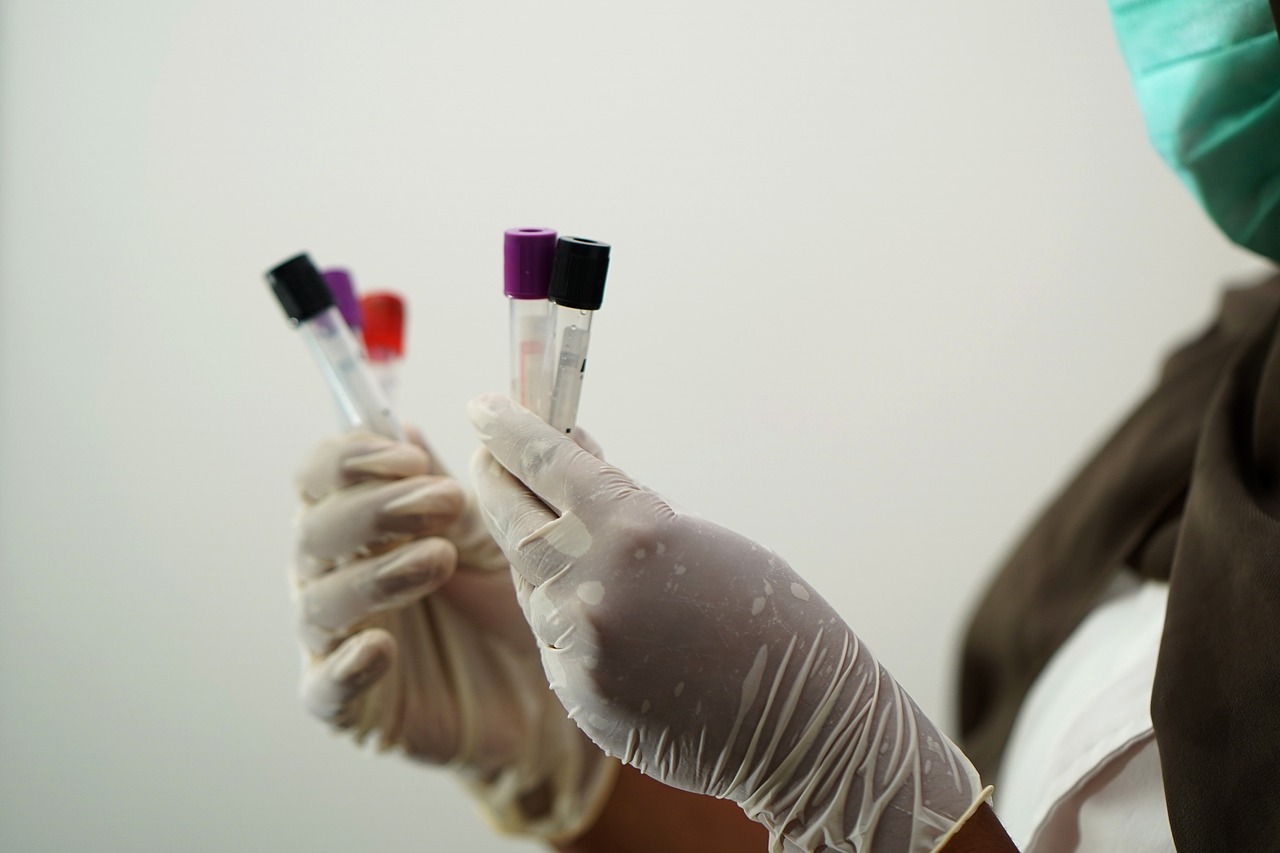New Blood Group Discovery: NHS Scientists Solve 50-Year Mystery, Offering Hope to Patients Worldwide
In a ground breaking medical advancement, NHS Blood and Transplant (NHSBT) scientists, in collaboration with the University of Bristol, have identified a new blood group system named MAL. This discovery, which unravels a 50-year mystery, could potentially save thousands of lives globally by improving the safety and compatibility of blood transfusions.
The team, based in South Gloucestershire, successfully decoded the genetic origins of the AnWj blood group antigen, a phenomenon first identified in 1972 but poorly understood until now. This pioneering development marks a significant step forward in understanding rare blood types.
Breakthrough for Rare Blood Type Patients.
Senior research scientist, who have worked on this project for over two decades, expressed how vital this discovery is for rare patients. This breakthrough means that healthcare providers can now offer more precise and personalised care to those with uncommon blood types.
The NHSBT team estimates that around 400 patients worldwide, annually, rely on this rare blood group system for transfusions. The identification of MAL through advanced genetic testing will allow doctors to detect patients who lack this antigen, ensuring safer and more effective blood transfusions.
How the New Test Will Save Lives
The discovery was made possible through the innovative work of NHSBT’s International Blood Group Reference Laboratory. For the first time, a test has been developed to detect the absence of this rare antigen in patients, which could be a lifesaving measure for those at risk of transfusion reactions.
This new blood group test simplifies the process of identifying compatible blood donors, allowing for better matches for patients with the AnWj-negative blood type. Philip Brown, a laboratory worker who survived leukemia due to blood transfusions and a bone marrow transplant, emphasised the importance of making blood transfusions safer and more tailored to individual patients.
Revolutionising Blood Transfusions with Genetic Insights
Nicole Thornton, head of the NHSBT lab, acknowledged that discovering the genetic basis of the AnWj blood group was one of their most challenging projects. The meticulous research has now paved the way for genotyping tests that can quickly identify AnWj-negative patients and donors. These tests will be incorporated into current genotyping platforms, ensuring better and faster identification of rare blood types.
Leading Global Efforts in Blood Research
The NHSBT lab, based in Filton, plays a crucial role in global blood research. Beyond developing world-first tests like this, the lab frequently works with international partners to resolve blood group mysteries that others could not solve. The team is already exploring new avenues that may lead to the discovery of additional blood group systems.
A health reporter, highlighted the international importance of this discovery, stating that NHSBT’s work has global implications. Their expertise has often provided solutions to complex blood group challenges faced by other countries, solidifying the UK’s position at the forefront of medical research.
A Look Ahead
Further exciting discoveries are on the horizon, with ongoing work in the lab potentially leading to the identification of more blood group systems in the near future. This continuous innovation is set to benefit rare blood type patients across the globe.
This discovery not only adds to the knowledge of rare blood types but also significantly enhances the precision of blood transfusions, giving hope to thousands of patients worldwide.
Source:







